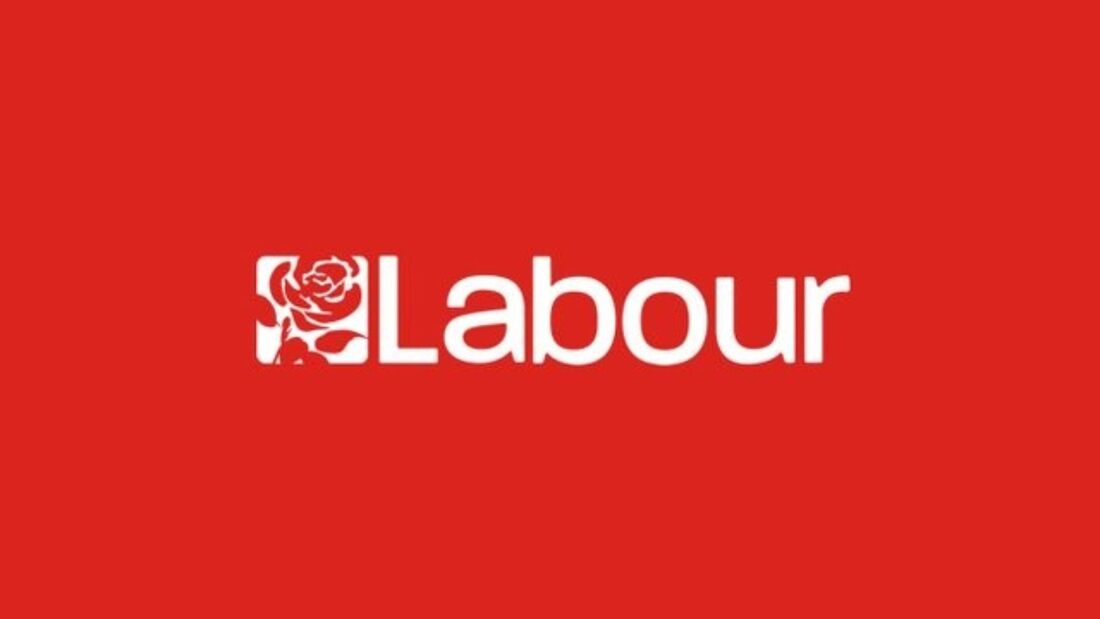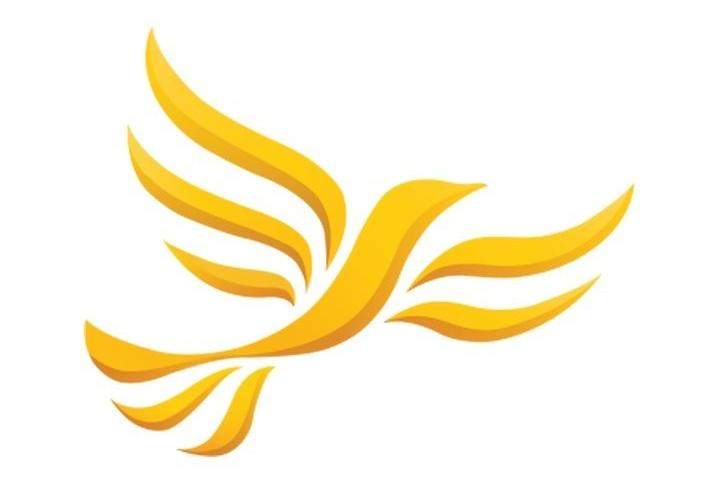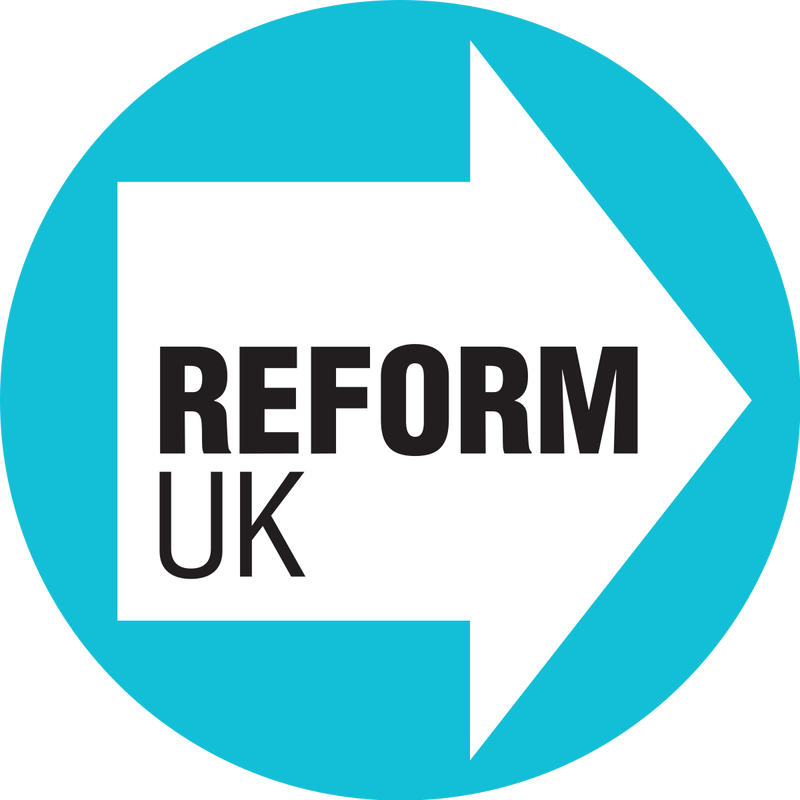On this page, we outline ways you can make sure that your voice is heard by those in power, by using your vote wisely and by contacting your MP and local councillors to express your concerns about climate change.
Use your vote wisely
A prosperous and less carbon-intensive future for the United Kingdom depends on national and local government decisions about the environment, green spaces, roads, cycling infrastructure, waste and recycling, air quality, energy generation, and energy efficient homes. Ultimately, steps to reduce carbon emissions should have a positive impact on other local issues, like improving air quality and public health, creating jobs and reducing inequality.
Greening Chiddingly is a non-party-political group. However, we would urge everyone to inform themselves about the position of the main political parties on climate change before they vote. It isn’t always easy to find this information – the following links provide a starting point for the five main parties standing in the Sussex Weald constituency.
Greening Chiddingly is a non-party-political group. However, we would urge everyone to inform themselves about the position of the main political parties on climate change before they vote. It isn’t always easy to find this information – the following links provide a starting point for the five main parties standing in the Sussex Weald constituency.
|
Conservative Party – the Conservative Party General Election manifesto outlines their plans to transition the UK towards Net Zero carbon emissions (p.47). This includes proposals to deliver energy security by increasing offshore wind capacity, scaling up nuclear power, and continuing to issue oil and gas production licenses, alongside price protections for consumers. The manifesto also sets out plans for protecting rural economies and the natural environment (p.65), including by working with water regulators to improve water quality, committing to tree-planting, and enhancing access to nature.
|
|
Green Party – the Green Party have set out their position in their General Election manifesto, which is available in short and long formats. This includes proposals for: providing greener homes by minimising the climate impact of new buildings (p.7); securing greener energy by investing in renewables, phasing out the use of fossil fuels, and ceasing the development of new nuclear power plants (p.10); restoring nature and the legal protection of the natural world (p.23); greener transport, including improvements to bus services and a shift toward electric vehicles (p.31).
|
|
Labour Party – the Labour Party’s General Election manifesto lays out their plans to make the UK a clean energy superpower (p.47), by setting up Great British Energy, investing in renewables and nuclear power, and by ending licenses for new oil and gas fields. They also propose to introduce a National Wealth Fund to help energy-intensive businesses to decarbonise. Their proposals for the natural environment (p.57) include strengthening environmental regulation of water companies, establishing three new National Forests, and improving regulations around animal welfare.
|
|
Liberal Democrat Party – the Liberal Democrat Party have set out their position on the environment in their General Election manifesto. Proposals to tackle climate change (p.23) include greater investment in renewables and a drive towards domestic insulation and solar power. Measures to protect the natural environment (p.61) include regulating water companies, increasing the size of protected areas, tree planting, and passing a Clean Air Act. Proposals for transport (p.79) include making it easier to switch to electric vehicles, electrifying railways, boosting bus services and improving cycle networks.
|
|
Reform UK – the position of Reform UK on climate change is summarised in their 2024 policy document Our Contract With You. This lays out their plans to remove the UK's commitment to Net Zero targets, to scrap subsidies on renewable energy, and to invest further in the North Sea oil and gas sector. They also seek to remove climate change-related farming subsidies, and outlaw the use of potentially productive agricultural land for solar farms and rewilding.
|
Contact your MP and local councillors
In any constituency, pressure from the electorate can influence decision-making.
- Contact your MP – the MP for Wealden is Ms Nusrat Ghani, who can be reached at her Westminster address. If you are reading this from outside Wealden constituency, you can find details of your local MP here.
- Contact Wealden Council – contact information and a guide to what Wealden Council is doing to tackle the climate emergency is available here.
- Contact Chiddingly Parish Council – contact information for the Clerk to Chiddingly Parish Council is available here.





